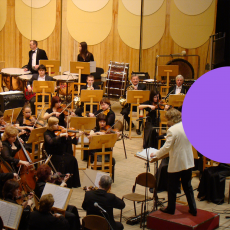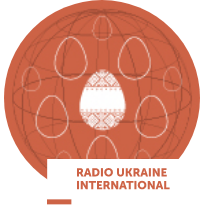The tripartite consultations began in July 2014. The European Union offered Russia the opportunity to discuss the DCFTA agreement with Ukraine so that it could explain the practical effects, he said. The next ministerial meeting is set to be held on Monday, December 21, he said. The European Union has not found any proof of how the DCFTA with Ukraine may have negative implications for trade with Russia, the ambassador told Interfax in an interview. He said that every DCFTA regulation was based on general principles of the World Trade Organization (WTO), and no exceptions were made for any countries. This is about the opening of markets, and there can be no artificial system to guarantee market protection, or preferences to any manufacturer, because this would be at odds with the general principles of open markets competiveness, Tombinski said. In his words, the European Union is interested in preventing a conflict and is using the consultations to search for a way to avoid confrontation, but it cannot put its sovereignty at risk either. A situation in which a third country limits independence of an EU decision cannot happen, the diplomat said. The DCFTA and the Association Agreement are open agreements and their terms have been known for the past five years; these documents do not contain a single provision introducing bans on Russian manufacturers, Tombinski said. The Ukraine-EU DCFTA agreement declares a seven-year transitional period, which can be used for adaption and preparations for competition on the market, he said. The EU did not impose sanctions when the Customs Union was launched and it did not speak about any restrictions either, he said. A common approach needs to be found instead of constantly creating a conflict, the European diplomat said.
EU finds no proof of DCFTA possible negative effect on trade with Russia – EU envoy
17.12.2015 р., 13:55
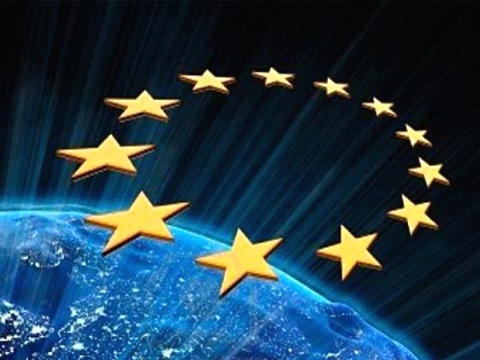
Останні новини
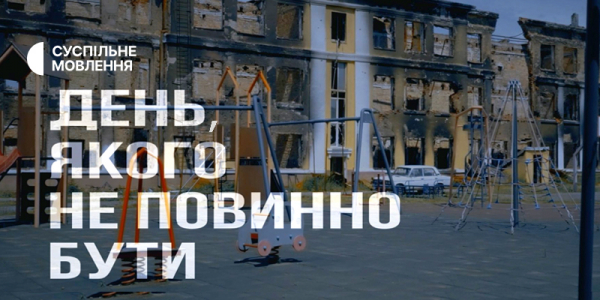
"День, якого не повинно бути" — поезія темних часів на Радіо Промінь

"Без Обмежень" новою піснею закликають берегти військових
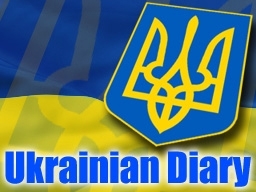
Ukrainian Diary – digest of the most important news over the past week
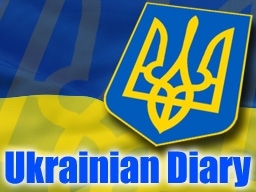
Ukrainian Diary – digest of the most important news over the past week (audio)
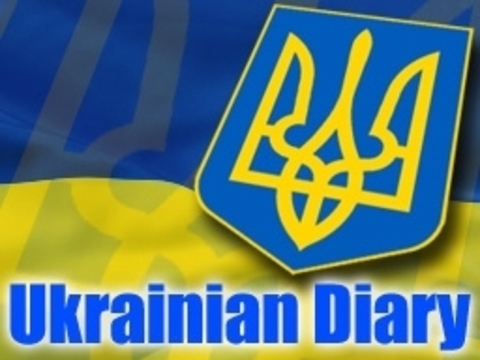
Ukrainian Diary – digest of the most important news over the past week
Related News
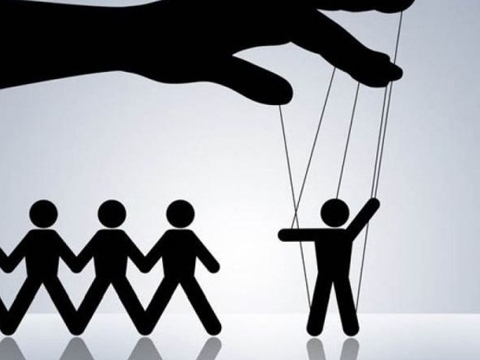
Misinformation campaign seriously weakened Ukraine
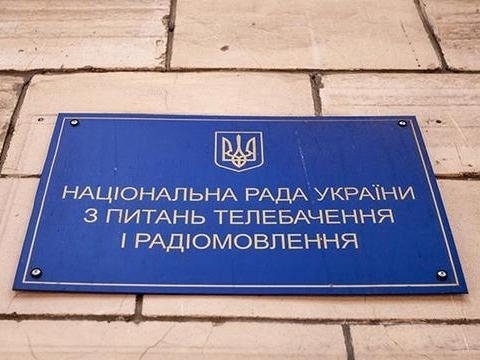
Sanctions to be imposed against Ukrainian performers touring in Russia
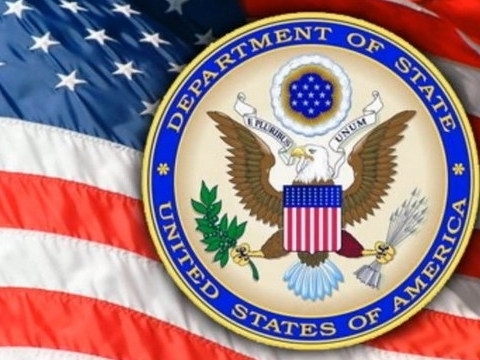
US Department of State posted press statement on Ukraine
Work on return of Ukrainians illegally imprisoned in Russia continues
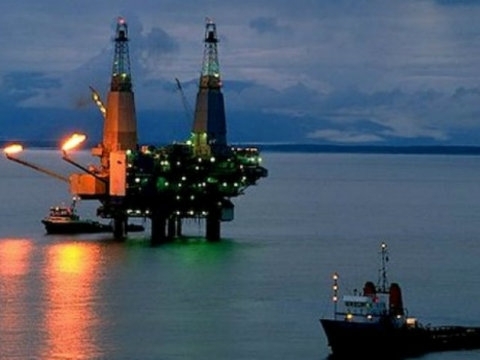
Russia to hold auctions on subsurface sections on Crimea shelf


